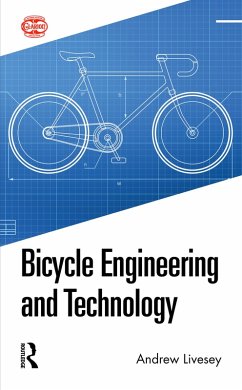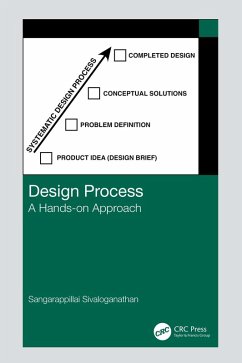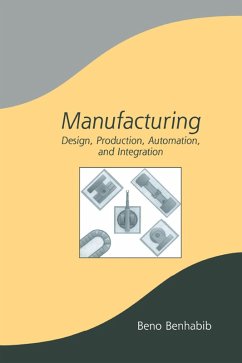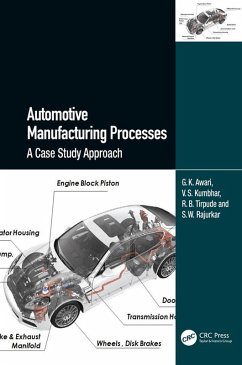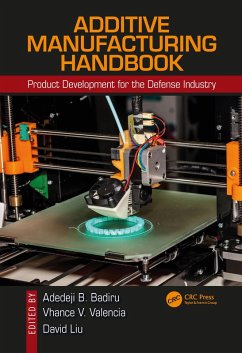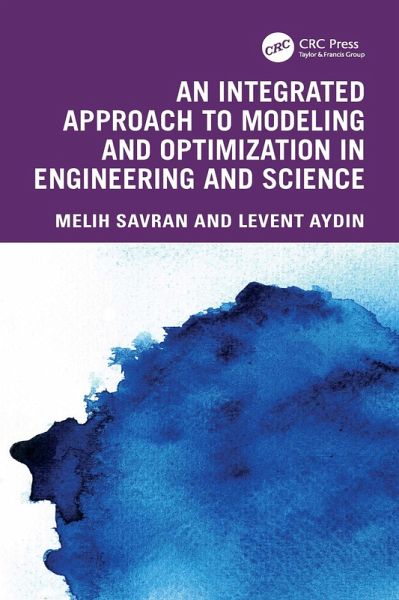
An Integrated Approach to Modeling and Optimization in Engineering and Science (eBook, ePUB)
Versandkostenfrei!
Sofort per Download lieferbar
80,95 €
inkl. MwSt.
Weitere Ausgaben:

PAYBACK Punkte
40 °P sammeln!
An Integrated Approach to Modeling and Optimization in Engineering and Science examines the effects of experimental design, mathematical modeling, and optimization processes for solving many different problems. The Experimental Design Method, Central Composite, Full Factorial, Taguchi, Box-Behnken, and D-Optimal methods are used, and the effects of the datasets obtained by these methods on mathematical modeling are investigated.This book will help graduates and senior undergraduates in courses on experimental design, modeling, optimization, and interdisciplinary engineering studies. It will al...
An Integrated Approach to Modeling and Optimization in Engineering and Science examines the effects of experimental design, mathematical modeling, and optimization processes for solving many different problems. The Experimental Design Method, Central Composite, Full Factorial, Taguchi, Box-Behnken, and D-Optimal methods are used, and the effects of the datasets obtained by these methods on mathematical modeling are investigated.
This book will help graduates and senior undergraduates in courses on experimental design, modeling, optimization, and interdisciplinary engineering studies. It will also be of interest to research and development engineers and professionals working in scientific institutions based on design, modeling, and optimization.
This book will help graduates and senior undergraduates in courses on experimental design, modeling, optimization, and interdisciplinary engineering studies. It will also be of interest to research and development engineers and professionals working in scientific institutions based on design, modeling, and optimization.
Dieser Download kann aus rechtlichen Gründen nur mit Rechnungsadresse in A, B, BG, CY, CZ, D, DK, EW, E, FIN, F, GR, HR, H, IRL, I, LT, L, LR, M, NL, PL, P, R, S, SLO, SK ausgeliefert werden.







